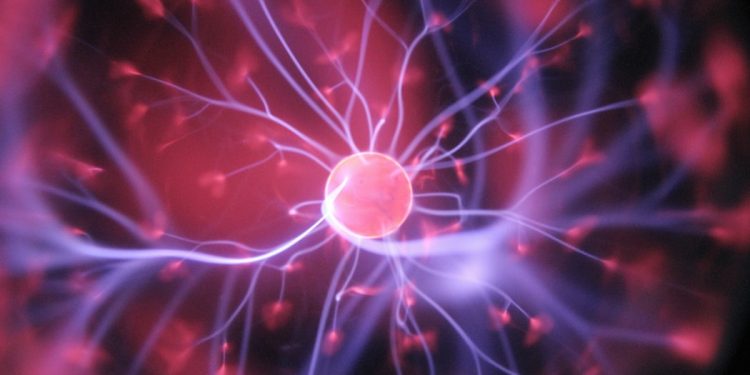One of the best books I have ever read is Consilience: the unity of knowledge, by the biologist Edward O. Wilson. The central thesis of the book is that sciences and humanities must unite to be more efficient, and that this also implies that the humanities “become more scientific.”
Therefore, I always try to read everything falls into my hands, Wilson. However, yesterday I read a review of his new book, The Meaning of Human Existence. I have not read the book yet, but if the review is accurate, then I start to worry. Because Wilson not only seems to have diverted his thesis, but he has done it towards paths incomprehensible to me: now he points out that it is the humanities, not the sciences, that distinguishes the human being.
For the first time in the history of Harvard University, there are now more science students than humanities. But Wilson tries to imagine what an alien would think to visit us in the face of our scientific advances. They would probably seem outdated or obsolete, so I would feel much more attracted to our art, languages, customs, economic and social practices, that is, the field that studies the humanities.
Science and technology will be the same everywhere, for every civilized culture, subculture, and person. What will continue to develop and diversify to infinity are the humanities.
I insist that I have not read Wilson’s book, nor his fine arguments in this regard. But, as he puts it, I have to put my hands to my head.
In one of my favorite series today, Rick and Morty, specifically in 1×06 ( Rixty Minutes ), Rick modifies the home television set to not only capture the Earth’s cable channels, but the channels throughout the universe, and also of all possible parallel dimensions. Suddenly, in front of them, at a stroke of remote control, an infinite number of television channels are displayed in which all kinds of things are shown, from interesting to absurd.
In some dimensions, for example, the actors are ears of corn. In others, television commercials are absurd or pointless things are sold, such as a cream that is not known very well if it is used to clean or to get caught or for what. In short, they have access to all, absolutely all, the possible sociocultural diversity in the universe and in all existing parallel universes.
This is entertaining, fun, curious, like watching a documentary about a tribe lost in the Amazon. Go, see how they do it. Come look, they are so ignorant that they have decided to do so. Go, look, because it works for them: perhaps its genome is a product of thousands of years of the evolutionary process, or perhaps social pressure has taken its toll on instincts. And so with everything. The irony of it all is that all the examples of channels that appear in Rick and Morty have been devised by a handful of human screenwriters. It is not a trivial fact: cultures, organizations, beliefs, economic systems, everything, is also designed by a handful of people.
If we look exclusively at humanistic manifestations in which reasoning has no place, such as certain artistic expressions, then again we are returning to the Rick and Morty chapter: it will be interesting to have a museum with millions of variations of Pollock’s works. But they are only spots. Something easily reproducible in an algorithm that generates all possible works of art. I do not believe, sincerely, that aliens are interested in that (if they operate through the same psychological mechanisms as us, otherwise … to know what interests them).
If, on the contrary, extraterrestrial contact occurs with a not-so-advanced civilization, then perhaps we could join technically and scientifically to progress together. In other words: it is not the same that we get to Jupiter and discover that it is full of cities managed by intelligent beings that contemplate how African elephants live. With the former, we can interact because science is a universal language. With the seconds, no, and we will find it interesting to shoot a documentary for television.
Science and technology will be the same everywhere, for every civilized culture, subculture, and person. What will continue to develop and diversify to infinity are the humanities. Let’s promote the humanities, which are what make us human, and don’t use science to play the fool with that inexhaustible source, the absolute and unequaled potential of the human future.
This is what Wilson finally says. That is, we have more television channels for aliens to watch them with curiosity. And the more we have, the better. Or put another way: it seems that if something can be diversified and developed to infinity, it is good when it can be a symptom of just the opposite: to always turn around in badly apprehended concepts. Just as happens to Cargo cults. And we use the humanities because they make us human (as if that were good or desirable). Fortunately, the invisible school has realized centuries ago that everyone is dumb, and needs the assistance of science to improve their way of understanding the world and himself: only then can they build solid humanistic buildings.









